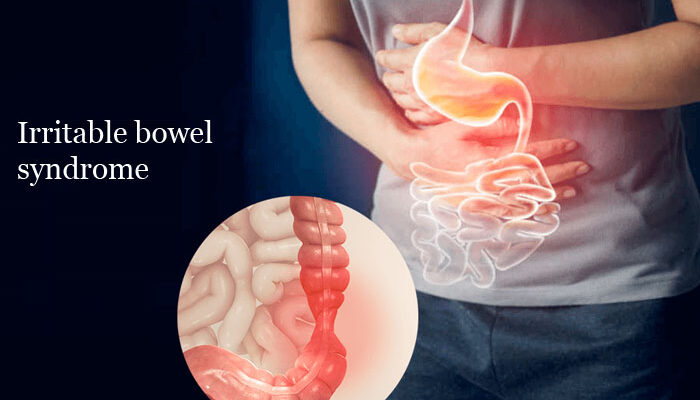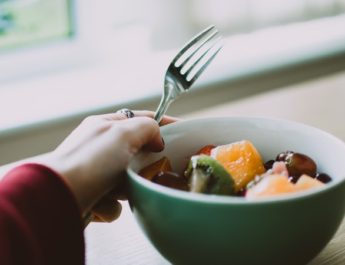Newstricky| Since childhood do you remember getting advised by your elders about the importance of staying hydrated especially in summers? That is because drinking water prevents any chances of constipation. Due to drinking less water, our digestive system becomes dehydrated and unable to function properly. One of the common digestive conditions is Irritable Bowel Syndrome (IBS). This problem is a lifelong condition that may be frustrating at times to live with. In this condition, the patient may feel stomach cramps, diarrhoea and severe constipation. These symptoms may come and go at regular intervals and may last for even months if left untreated. Even though there is no cure for this syndrome, but dietary changes and medicines may help in controlling and managing the symptoms in a better way.
Table of Contents
Types of IBS
IBS can be divided into three types.
- Diarrhoea predominant – watery poop discharge is the main symptom
- Constipation predominant – you feel strain while emptying out your stomach and in worse cases, excessive bleeding may occur
- It can a mix of both
Symptoms
The most common symptoms of this syndrome include:
- bloating – stomach may feel swollen
- Diarrhoea – watery bowel movement
- Constipation – the feeling of stress and pain when emptying your stomach
- Stomach cramps or abdominal pain – mostly after eating with a full stomach
- Farting lack of energy
- Mucus in the bottom
- Pain in the back
- Problems related to emptying the urinary bladder
- The problem in controlling bowel movement (bowel incontinence)
Causes
There are no exact causes of IBS. The known causes are as follows:
- A quick movement of food passing through the gut very quickly
- The slow movement of food passing through the gut
- Oversensitive muscles in the stomach
- Family history
- Stress
- Poorly coordinated signals between your stomach and brain may result in stress in the gut
- Food triggers like wheat, milk, carbonated drinks, cabbage, citrus foods or nuts may also trigger the symptoms of IBS
When to see a doctor?
If you see any changes in your bowel movements or habits, then it is highly advisable to immediately see a doctor. Your doctor may ask you about the symptoms like the timing of bowel movements, or the colour of faeces. The doctor may ask if you feel any discomfort after eating certain kinds of foods. It is better to tell the doctor how often do you get stomach cramps or how long have you been seeing these symptoms appearing in your body.
The GP may run a series of tests to rule any other diseases like coeliac disease or any other infection in your stomach. A blood test may be taken to check for any other possible underlying disease.
Treatment
One must always maintain a healthy lifestyle to avoid any kind of discomfort in the future. Being healthy is extremely important for a stress-free life. There are some do’s and don’ts that one must follow to ensure that this condition remains manageable. The following measures can be taken to maintain a healthy lifestyle.
- Cook meals at home with fresh ingredients
- Keep a journal with you to write down the foods of eating and the symptoms you feel after eating those foods
- Try to keep yourself active by taking part in physical activities
- Do not be a couch potato
- Try supplements like probiotics to see if they help ease down the symptoms for a bit. Take Linzess by consulting with your doctor. You can get rx coupon for Linzess by ordering from a good pharmacy like 90day meds at discounted prices
- Chew every bite of food properly
- Do not eat quickly and in larger quantities
- Do not eat processed or spicy foods
- Avoid alcohol, caffeine or tea consumption. Taking tea once a day is fine.
- Take a balanced diet including fruits, vegetables, wheat and nuts
Natural remedies to ease pain
It is not compulsory to immediately start taking allopathic medications to treat this condition. It can be treated by following natural remedies like:
- Eating oats in the form of porridge on a regular basis
- Eating linseeds on a regular basis
- Avoid eating foods that are hard to digest like onions, cauliflower, cabbage, broccoli, dried fruits etc
- Apply peppermint oil to the belly button to relieve the pain
- Cut down on high-fiber foods like wheat or rice
- Drink plenty of water if you have constipation-predominant IBS




